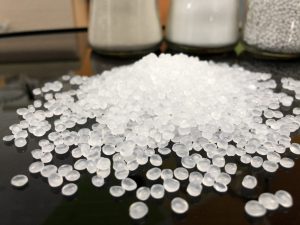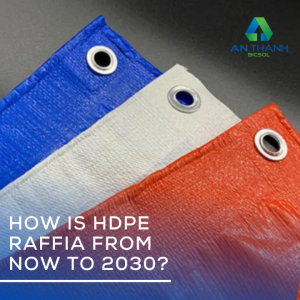China has been battling its most widespread outbreak since the initial peak of the pandemic in early 2020. With nearly 25 million residents confined to their homes, the lockdown in the country’s biggest city Shanghai is once again threatening to disrupt global supply chains with further delays, logjams and higher freight rates.
Port operations affected by harsh Covid-19 measures in Shanghai
What was initially a two-stage lockdown, due to end on April 5, has rapidly turned into an indefinite citywide shutdown in Shanghai. Although the port and terminal operations in the city have remained functional, severely limited trucking availability has impeded clearance of import cargoes.
A commentary from the Ocean Network Express, a global container shipping company, indicated “operational constraints” in Shanghai’s Yangshan and Waigaoqiao ports, largely as a result of a shortage of trucks to haul containers. The company also said that around 10% of the global container-ship fleet has been gridlocked amid congestion at Chinese and global ports.
Some industry experts claimed Yangshan ports are operating at only 50% capacity and backlogs of ships are growing not only in Shanghai, but also in alternate ports like Ningbo.
Maersk, another global logistics and shipping giant, also said in an insight released last week that warehouses in the lockdown area were seriously impacted. The company warned that the efficiency of their trucking services from or to Shanghai would be further impacted due to the lockdown.
Weakness in demand outweighs reduced run rates, tighter supply
The prolonged lockdowns and ensuing logistics challenges have inevitably resulted in weaker demand across Chinese polymers markets. Market players reported reduced demand for nearly all key polyolefin grades during the week ending April 8, despite limited import supplies and lower production rates at regional plants.
A Chinese trader said, “Shanghai port is affected by the extended lockdowns and not able to operate normally. Many cargoes are being moved from Shanghai to Ningbo port or some other ports nearby. Demand was already weak before the latest covid-19 measures, which are getting stricter day after day, and now demand concerns have become more serious. Logistics is slow too, hindering business activity.”
Tightening supplies and a lack of competitive import offers remained a catalyst for flat pricing in Chinese PE markets last week, despite poor demand. “Import supply remains tight but demand is weak due to lockdowns in major trade hubs, including Shanghai.
Import market is largely balanced by low supply and weak demand,” a trader said, adding that sellers in China were exporting or re-exporting to ease increasing sales pressure.
Supply pressure persists in China despite run rate cuts
This pressure was evidenced by combined polyolefin inventories from two major producers. As of April 11, inventories stood at 940,000 tons.
PP sellers were likewise focused on export outlets to sell material at better netbacks than in the domestic market.
Initial reports from this week have shown that the softening has remained in place. A PP trader offered Saudi origin raffia at $1200-1220/ton CIF China and $1280-1300/ton FOB China said, “PP prices have continued to soften this week. Import offers to China have remained limited while export of Chinese PP is expected to speed up after last week’s holiday if port operations and shippings are not hindered. Still, there is the Ramadan festival in some Southeast Asia countries, which is likely to put a dent in demand across Asia. We think the PP outlook is more bearish than PE.”
Exports and re-exports from China take a knock, too
Just like many Asian PP, PE producers , the ones inside China have also cut their run rates to cope with the cost pressure and ample supply levels at home. Despite this, the supply pressure has remained, as logistics and transportation issues have made exporting, which has become suppliers’ way out for better netbacks, even harder recently.
“Transportation activity is at a standstill due to the latest coronavirus lockdowns in Shanghai while demand is also severely affected. The operating rates of producers are at a record low due to the lingering cost pressure, which offsets the impact of poor demand to some extent,” the PP trader added.
Global buyers do not rush for Chinese cargoes despite competitive prices
A trader in Vietnam, which has been one of the most preferred destinations of Chinese suppliers, underlined that shipments from China are still problematic.
“Although Chinese origin cargoes have been offering a more competitive edge compared to others, buyers are still concerned about delayed shipments due to the lack of ships and containers when it comes to source from China. Nowadays they are also battling with the latest covid-19 wave, which is hindering transportation and logistics including port operations.”
There are also widespread concerns about waning consumer demand as a result of inflation across the board. Unlike these times last year, demand is no longer booming and buyers are extremely careful about their purchases particularly from long distances.
(Source: chemorbis)









